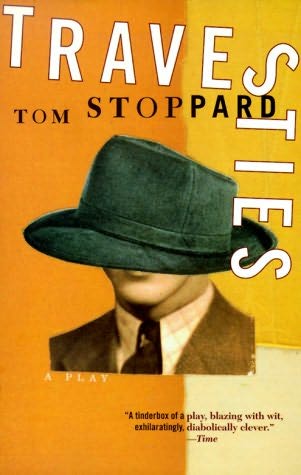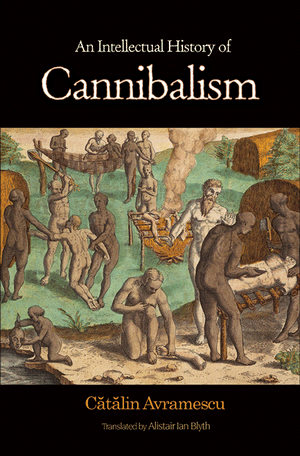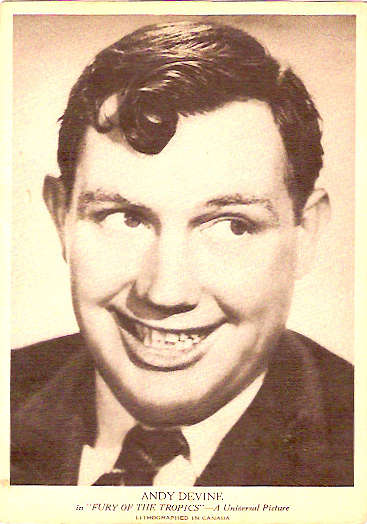 Open Yale Courses provides free and open access to a selection of introductory courses taught by distinguished teachers and scholars at Yale University.
Open Yale Courses provides free and open access to a selection of introductory courses taught by distinguished teachers and scholars at Yale University.
There aren’t a ton of courses available yet, but there are a couple of literature courses that I thought I’d point out to everybody.
Although I’ve yet to listen to any of Hammer’s lectures on modern poetry, I’ve listened to the majority of Hungerford’s lectures on 20th century literature and found them to be engaging and worthwhile:
Modern Poetry with Professor Langdon Hammer
About the Course:
This course covers the body of modern poetry, its characteristic techniques, concerns, and major practitioners. The authors discussed range from Yeats, Eliot, and Pound, to Stevens, Moore, Bishop, and Frost with additional lectures on the poetry of World War One, Imagism, and the Harlem Renaissance.
The American Novel Since 1945 with Professor Amy Hungerford
About the Course:
In “The American Novel Since 1945” students will study a wide range of works from 1945 to the present. The course traces the formal and thematic developments of the novel in this period, focusing on the relationship between writers and readers, the conditions of publishing, innovations in the novel’s form, fiction’s engagement with history, and the changing place of literature in American culture. The reading list includes works by Richard Wright, Flannery O’Connor, Vladimir Nabokov, Jack Kerouac, J. D. Salinger, Thomas Pynchon, John Barth, Maxine Hong Kingston, Toni Morrison, Marilynne Robinson, Cormac McCarthy, Philip Roth and Edward P. Jones. The course concludes with a contemporary novel chosen by the students in the class.

 As Ryan pointed out recently, the school year is now officially underway. In recognition, I thought I’d share with you my first set of notes.
As Ryan pointed out recently, the school year is now officially underway. In recognition, I thought I’d share with you my first set of notes. The other day I found
The other day I found  This morning, I came across Matthew Cheney’s blog The Mumpsimus, wherein I got absorbed by
This morning, I came across Matthew Cheney’s blog The Mumpsimus, wherein I got absorbed by 

 Princeton University Press recently released an interesting-looking book called
Princeton University Press recently released an interesting-looking book called 




